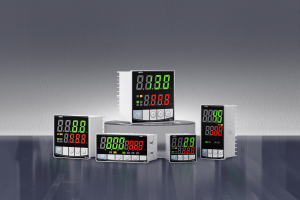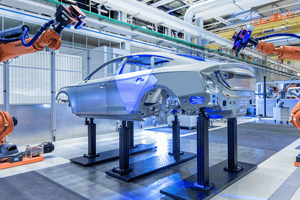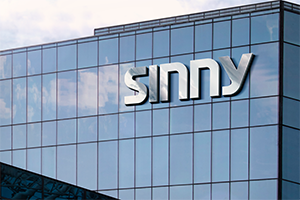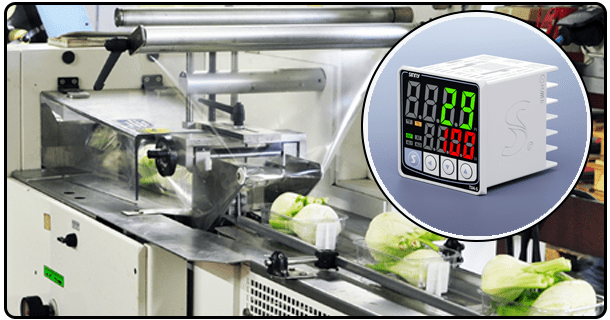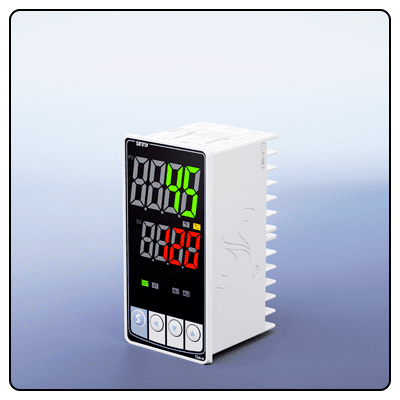What Is Auto-Tuning In PID Temperature Controllers?
Gain insights into how auto-tuning improves PID Temperature controllers by simplifying process control for smooth and effective operation of systems.
Auto-tuning of PID temperature controllers represents an innovative breakthrough in process control. It simplifies the often daunting task of optimizing PID parameters for efficient operations across numerous industrial processes. This article will delve into the concept of auto-tuning, its workings, and its impactful implications within the industry.
1. Introduction
PID temperature controllers play an essential role in maintaining performance at optimal levels across many automated systems, as they adjust process variables in real time according to setpoint or desired outcome values. However, manually tuning these controllers may prove daunting and time-consuming, necessitating expert knowledge and expertise as part of any successful solution strategy.
Auto-Tuning
Auto-tuning refers to a feature found on PID temperature controllers that automatically determines the best settings for proportional, integral, and derivative parameters to quickly adapt to changes while remaining stable. Auto-tuning works to ensure rapid responses with accurate results as quickly as possible while remaining secure.
2. How Auto-Tuning Works
Auto-tuning typically entails initiating a test sequence that introduces controlled disturbance to a system and monitoring its response to assess its dynamic characteristics and optimal PID settings.
Auto-tuning can often provide superior results compared to manual tuning for systems where process dynamics are poorly understood, as it eliminates trial-and-error adjustments while adapting to changes in its behaviour over time.
Types of Auto-Tuning
Auto-tuning techniques typically fall into two categories: open-loop and closed-loop tuning. Open-loop methods don't need the process running while tuning, which may prove advantageous depending on its circumstances; closed-loop methods, on the other hand, tune controllers while the process runs, which more accurately reflects operational conditions than open-loop methods can do.
Some auto-tuning algorithms use frequency response techniques to accurately determine PID parameters; such methods may prove particularly beneficial when applied to systems with complex dynamics.
Implementing Auto-Tuning
Auto-tuning works best on systems where process dynamics are relatively consistent and disturbances predictable, such as manufacturing environments with consistent manufacturing dynamics. To implement auto-tuning effectively, an operator should first ensure the system is stable before configuring auto-tuning according to the manufacturer's instructions and as part of an appropriate configuration toolkit.
3. Limitations of Auto-Tuning
Auto-tuning has many advantages; however, it should not be used with systems with highly variable or unpredictable process dynamics. Furthermore, its algorithms may fail to account for every nuance of complex systems, which could result in subpar performance.
Auto-tuning requires special consideration when applied to complex or highly dynamic systems, with further adjustments potentially being needed with manual adjustments or advanced auto-tuning algorithms capable of handling a wider range of conditions. Special care must be taken to effectively use auto-tuning features on these types of systems. It may even be necessary to supplement auto-tuning functionality with manual tweaks as a backup measure or advance algorithms capable of adapting themselves over time.


